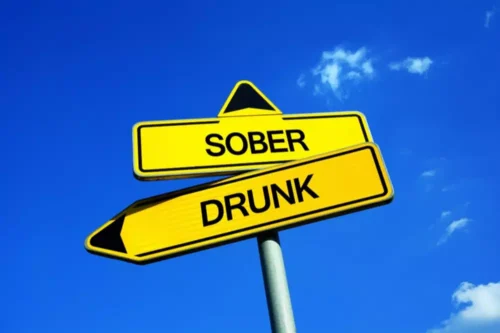
Some people may experience an alcohol-related migraine between 30 minutes and 3 hours after drinking. It is widely reported that red wine is the worst culprit for causing an alcohol-induced headache, with white wine being not too far behind in second place. We have already discussed that a migraine is a common headache experienced after drinking alcohol, but the alcohol-induced headache may fall into one of two categories.
- There are some health benefits to moderate alcohol consumption, but the key is knowing what types of alcohol cause your headaches, in what amounts, and what other factors might be involved.
- Individual food sensitivities can also play a role in the relationship between alcohol and headaches.
What Risks are Involved in Mixing Beta Blockers and Alcohol?

Psychosis is the term used to describe a set of symptoms that indicate altered reality perception in your brain. Psychotic symptoms include hallucinations, delusions, disorganized thinking and movement, and what is known as “negative symptoms,” which involve withdrawal and a lack of interest. Stop drinking completely when you've reached your limit (or before then). Hangover headaches are common enough, but they can have an impact on daily life. Some 29% of college undergraduates say they've lost school time to a hangover, while about 9% of workers in the United States say they've worked while experiencing a hangover that might affect their job performance.

MIGRAINE ADVOCACY HUB
- Headache after a certain amount of alcohol is likely to induce behavioral reactions (i.e., alcohol-intake adjustment).
- They can also cause nausea, dizziness, sensitivity to light, and tiredness.
- In addition, another study reported a surprisingly higher correlation of spirits and sparkling wine to migraine attack, compared to other alcoholic drinks.
- Stress triggers the release of cortisol and other stress hormones, which can contribute to headaches by affecting blood pressure and causing tension in the muscles surrounding the skull.
Wine contains tannins that are found in the skins of the grapes used to make the wine. Whilst many people do not suffer any side effects from ingesting tannins, there are some who find them to be a source of their headaches. Some of the things that can be found inside wine may cause some sort of reaction in the person drinking it. Histamine, which is essentially something that can cause an allergic reaction in the body can be found in great quantities in wine, with red wine having up to 200 times more than white wine.

In vitro inhibitory effect of red wine phenolics/flavonoids on ALDH2
This will be helpful in guiding conversations with your doctor about your symptoms. Reviewed for accuracy by the American Migraine Foundation’s subject matter experts, headache specialists and medical advisers with deep knowledge and training in headache medicine.
Alcohol also has inflammatory effects on blood vessels, leading to tension and cluster headaches. In conclusion, no significant association between alcohol consumption with migraine and tension headache was found in many studies [26, 28–30]. The type of alcohol does not seem to affect whether a person gets a headache. While red wine has https://ecosoberhouse.com/article/5-great-tips-for-being-sober-around-drinkers/ been described as a dominant trigger of migraines and cluster headaches, white wine, champagne, sparkling wines, and beer have also been linked to headaches. Research shows that people with migraine may also experience related symptoms during a hangover. Reducing or eliminating alcohol may reduce the frequency of migraine attacks.
Share this article
Symptoms of alcohol withdrawal tend to peak 24 to 72 hours after your last drink. Alcohol withdrawal causes a range of symptoms when a person with alcohol use disorder stops or significantly decreases their alcohol intake. The symptoms can range from why does alcohol give me a migraine mild to severe, with the most severe being life-threatening. The brain adapts to chronic alcohol exposure by adjusting the function of alcohol in the brain. Those who drink a lot can drink more without feeling the immediate effects of drunkenness.
